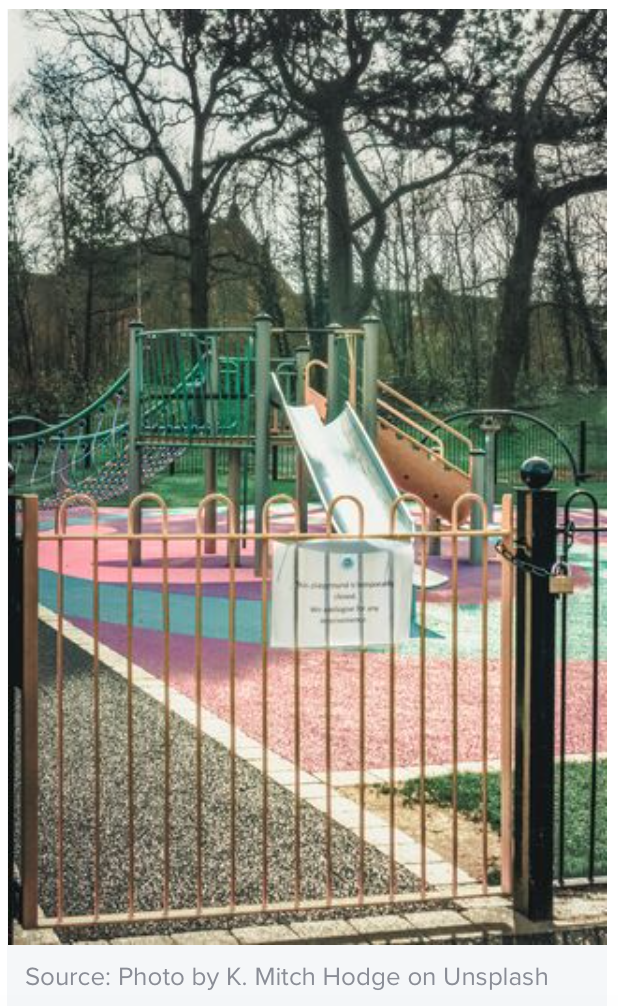Release time: 2020-05-21 14:20
What Home Confinement Means to Children
A holistic strategy for children who are the most vulnerable.
by Shane Jang
To prevent the spreading of COVID-19, schools and educating institutions have been closing all around the world. Not only adults, but children are also facing uncertainty and chaos in this season. But one significant difference between adults and children is that children often lack the ability to advocate for themselves, name their needs, and recognize what they are facing.

A recently published article studied how home confinement can affect children. It emphasizes the need for a more holistic approach to alleviate the negative effects of COVID-19 on children’s physical and mental health. The lead author of this article is Guanghai Wang of the Department of Developmental and Behavioral Pediatrics of Pediatric Translational Medicine Institute, Shanghai Children’s Medical Center. The article was published on 21 March 2020 by The Lancet.
The five authors have found the evidence demonstrates that children have much longer screen time, less physical activity, irregular sleep hours, and less organized diets when they are out of school. These daily changes cause physical changes, too, such as a loss of cardiorespiratory fitness and weight gain. Home confinement and lack of interaction with same-aged friends also have a psychological impact on children. There are several other stressors such as fears of infection, boredom, and lack of personal space. The authors state that:
“... the mean post-traumatic stress scores were four times higher in children who had been quarantined than in those who were not quarantined. Furthermore, the interaction between lifestyle changes and psychosocial stress caused by home confinement could further aggravate the detrimental effects on child physical and mental health, which could cause a vicious circle.”
For holistic mitigation, the authors point out that the government, non-governmental organizations, the community, school, and family should address these issues more immediately and effectively.
The researchers suggest that people learn from previous experiences and do not overburden the students, but most importantly, they stress the necessity of mobilizing existing resources. NGOs and many other communities have such resources, but a platform needs to be created to gather the best information with easy access for the most people.
Since children are having online classes, and schools can integrate courses about healthy lifestyle and psychosocial support programs into the online education curriculum as a critical channel for children. Those who have professional expertise can serve schools and families by helping manage family issues with further applicable resources.
The article highlights the importance of age-appropriate and attractive resources. Children change rapidly and there are big differences between different age groups. Schools and communities like parents’ committees also need to work on interacting with children and their parents virtually to help them apply the resources with more psychological skills.
Social workers also play critical roles. For example, they can offer online services to help parents with family issues. The authors state:
“Psychologists can provide online services to cope with mental health issues caused by domestic conflicts, tension with parents, and anxiety from becoming infected…Such a social safety net could be particularly useful for disadvantaged or single-parent families, but the action is needed to make it accessible to them.”
Another point is that parents should be the best and closest resource for their children to seek help from. The authors recommend open communication for identifying any issues they have both physically and psychologically. However, monitoring children does not mean not respecting their identity. Self-discipline skills are also one of the suggestions that they can improve during this big change in education.
Children are exposed to constantly updating news about the infection and the effects of the disease. Parents and other adults are responsible to minimize the negative impact of COVID-19 on children. With the right parenting and the right use of resources, home confinement can be a time to interact more with children, develop self-sufficiency skills, and face uncertainty with strengthened family bonds. The authors conclude with one more important point about the contextualization of these resources:
“Any sustainable programme must involve local professionals to culturally adapt the interventions to the administrative system and to the regional and community environment, and it must develop contextually relevant material for children and adolescents…It is the responsibility and keen interests of all stakeholders, from governments to parents, to ensure that the physical and mental impacts of the COVID-19 epidemic on children and adolescents are kept minimal. Immediate actions are warranted.”

Jamie Aten, Ph.D. is founder and executive director of the Humanitarian Disaster Institute at Wheaton College.
psychology today